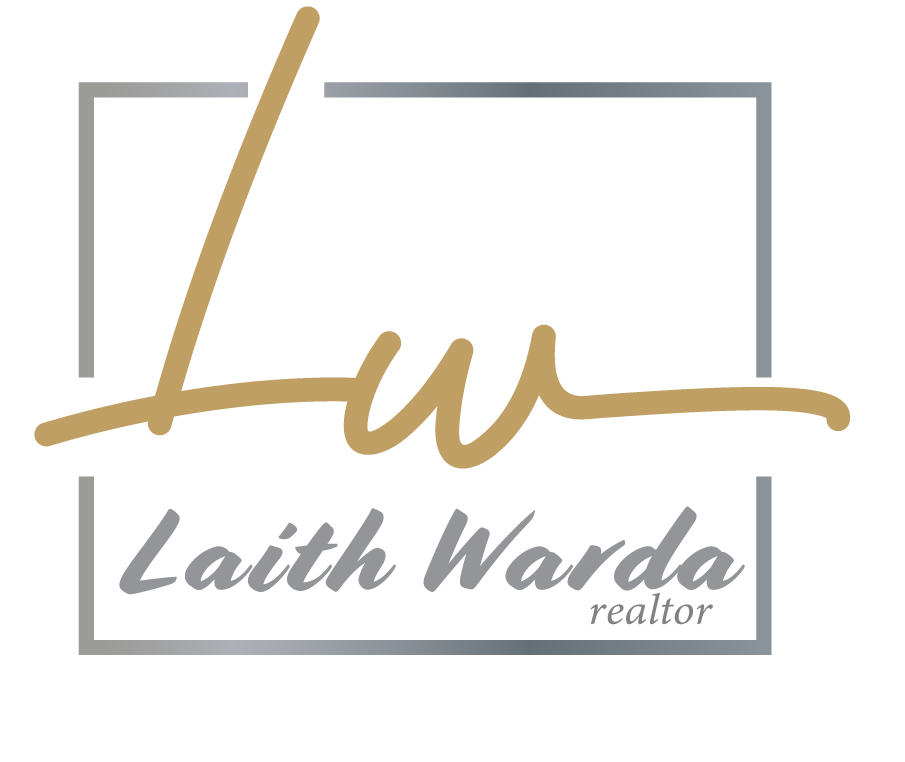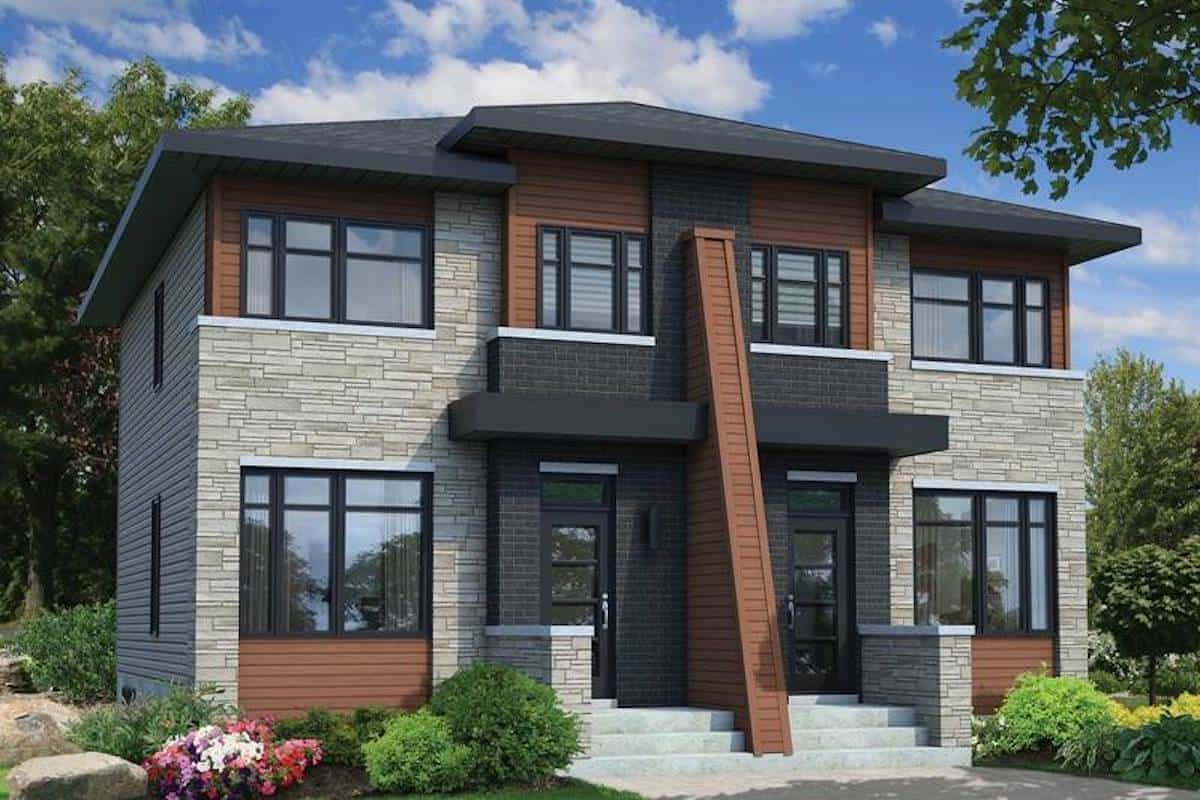Investing in real estate is a popular choice for individuals looking to grow their wealth and generate passive income. One option that often comes up is buying a duplex, a residential property with two separate living units. While a duplex can be an excellent investment, it’s important to weigh its pros and cons to determine if it aligns with your goals and financial situation. In this blog post, we’ll explore the advantages and disadvantages of buying a duplex, helping you make an informed decision.

Pros of Buying a Duplex:
- Rental Income: One of the significant advantages of owning a duplex is the potential for rental income. By living in one unit and renting out the other, you can offset a portion, if not all, of your mortgage payment. This rental income can contribute to building wealth, paying off the property faster, and increasing your cash flow.
- Equity and Appreciation: Purchasing a duplex allows you to build equity and benefit from property appreciation. As you make mortgage payments and property values rise over time, your equity in the property increases. Additionally, the potential for future appreciation can lead to substantial returns on investment when you decide to sell.
- Tax Deductions: Owning a duplex opens up various tax benefits. You can deduct mortgage interest, property taxes, insurance premiums, and maintenance expenses. Additionally, certain expenses related to managing the rental property, such as repairs, maintenance, and property management fees, can be tax-deductible. Consult a tax professional for specific details related to your situation.
- Flexibility: With a duplex, you have the flexibility to choose your neighbors as you will be living in close proximity to your tenants. This can be advantageous if you want to keep a close eye on your property or if you prefer to have a reliable tenant nearby.
- Future Conversion or Expansion: A duplex can offer future possibilities for expansion or conversion. If your needs change, you can convert the property into a single-family home or explore other options like creating additional rental units. This versatility provides the potential for adapting to your changing lifestyle or market demands.
Cons of Buying a Duplex:
- Initial Investment and Financing Challenges: Duplexes typically require a larger upfront investment compared to single-family homes. Down payments can be higher, and obtaining financing may be more challenging due to lenders’ stricter criteria for multi-unit properties. It’s important to consider your financial situation and ensure you have the necessary resources before pursuing a duplex purchase.
- Property Management Responsibilities: Owning a duplex means taking on the responsibilities of a landlord. You’ll need to find and screen tenants, handle maintenance and repairs, collect rent, and address any issues that arise. Managing a rental property can be time-consuming, especially if you have a full-time job or lack experience in property management.
- Shared Living Space: Living in close proximity to your tenants can be both a pro and a con. While it provides convenience for property management, it also means sharing common areas and dealing with potential conflicts. Noise, privacy concerns, and differing lifestyles can occasionally lead to challenging situations that require diplomacy and effective communication.
- Vacancy and Cash Flow Risk: The risk of vacancies and fluctuating rental demand is a reality in any real estate investment. Depending solely on rental income to cover your mortgage and expenses means that periods of vacancy can impact your cash flow. It’s essential to have a contingency plan and set aside funds for potential vacancies or unexpected repairs.
- Limited Privacy: Living in a duplex means you will have neighbors in close proximity, potentially impacting your privacy. It’s important to consider if you’re comfortable with reduced privacy compared to living in a detached single-family home.
 Conclusion:
Conclusion:
Buying a duplex can be a smart investment strategy, offering the potential for rental income, equity growth, tax benefits, and flexibility. However, it’s crucial to carefully evaluate the pros and cons before making a decision. Assess your financial situation, goals, and willingness to take on property management responsibilities. Consulting with real estate professionals and experienced landlords can provide valuable insights to help you make an informed choice. By weighing the advantages and disadvantages, you’ll be better equipped to determine if buying a duplex aligns with your investment objectives and lifestyle preferences.



